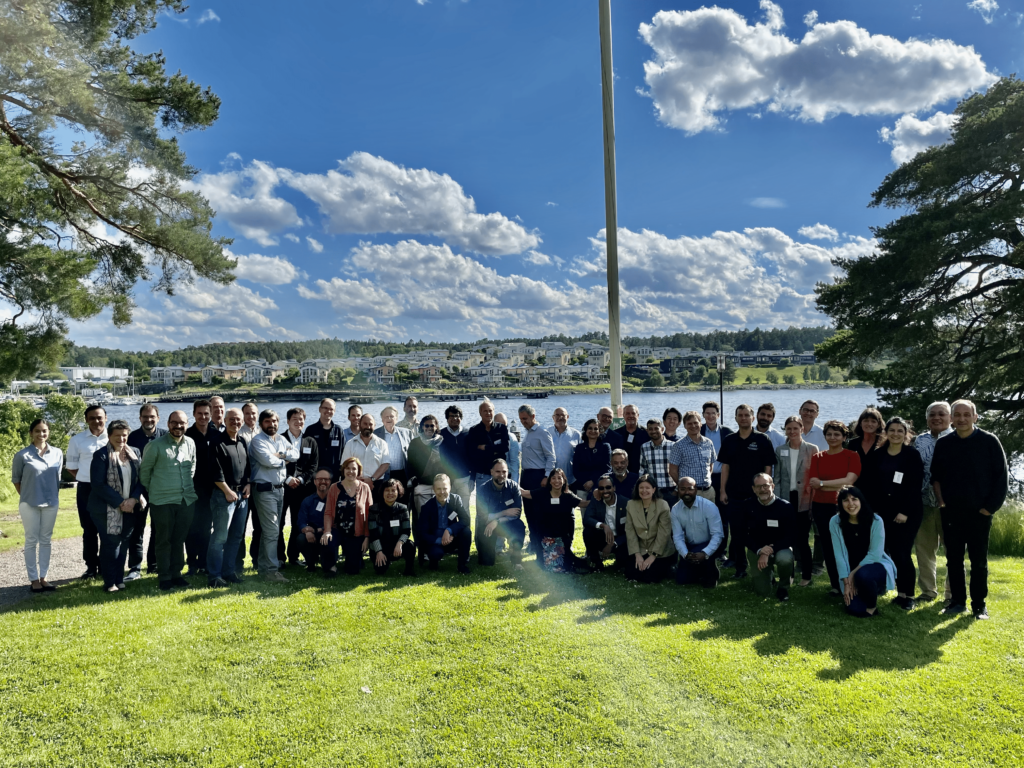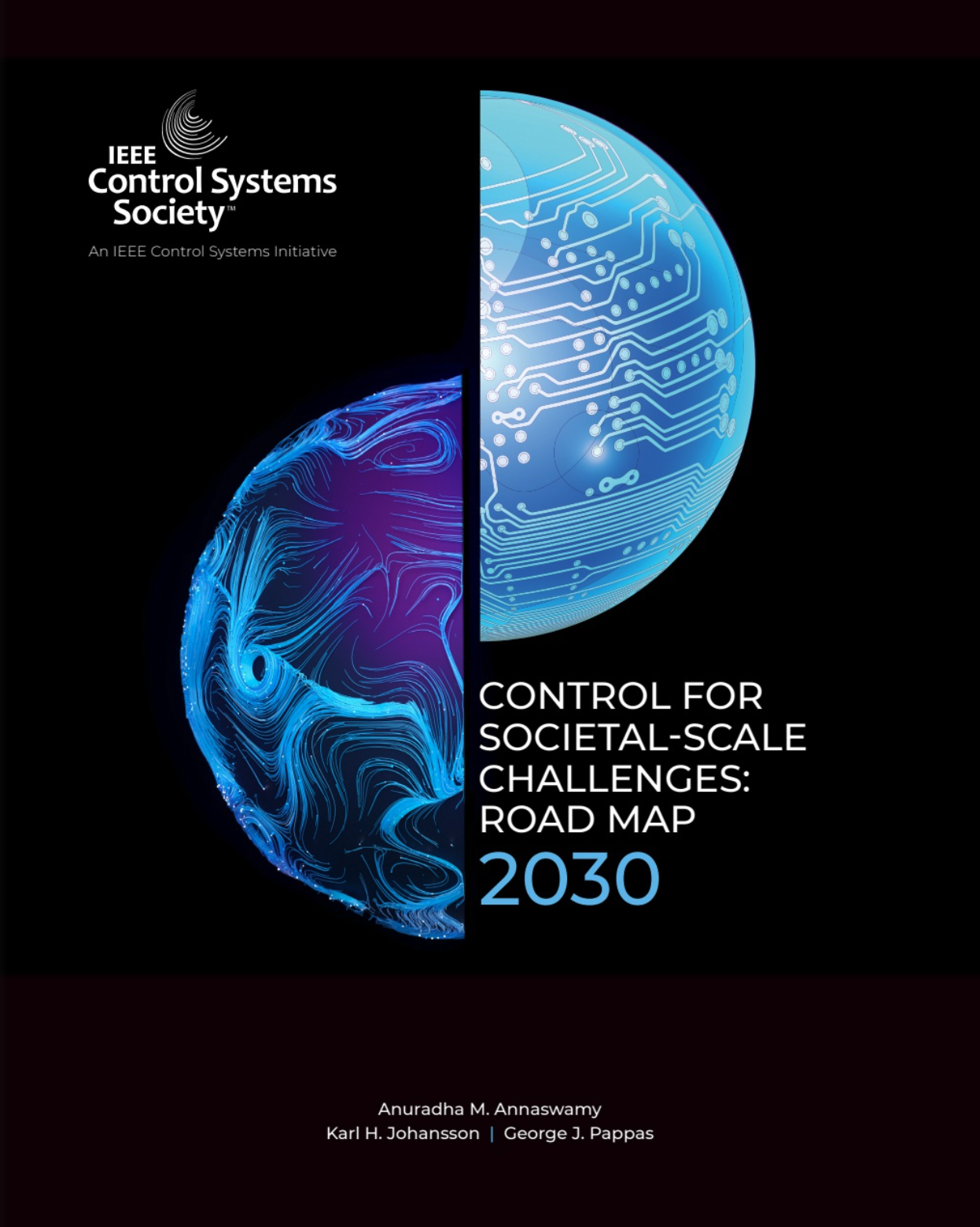
The field of control systems applies specific principles and methods to control dynamic systems so that they produce desired outcomes. The scope of this field has been gradually enlarging as the world embraces a digital way of life. Information enriched by various degrees of analytics to inform decision-making is moving beyond engineering into financial services, socioeconomic analysis, entertainment and sports, and political and social sciences. Increased levels of automation are sought after in various sectors and being introduced into new domains. All of these advances and transformations urge a shift in the conversation toward how control systems can meet grand societal-scale challenges. This is the focus of this Control for Societal-Scale Challenges: Road Map 2030, published by IEEE Control Systems Society in May 2023.
According to the editors Anuradha M. Annaswamy, Karl H. Johansson and George J. Pappas, the road map aims at providing guidelines for participation in the overall scientific endeavor for developing methods for the betterment of humanity.
The report is sponsored by the IEEE Control Systems Society, the International Federation of Automatic Control (IFAC), the National Science Foundation (NSF) and Digital Futures. Among the authors, we found some well-known names from the Digital Futures research environment; former scholar in residences Frank Allgöwer and John Baras, faculty members Dimos V. Dimarogonas, Henrik Sandberg and Jana Tumova, postdoc fellow Angela Fontan and our director Karl H. Johansson.
One of the topics in the report is Cyber-physical-human systems (CPHS) – an emerging field with diverse applications in fields like healthcare, logistics, production, and infrastructure systems, where new technical challenges toward understanding and designing the interaction between control systems and humans are addressed. Digital Futures postdoc fellow Angela Fontan is one of the authors of the chapter on CPHS.

“It was a privilege to meet world-renowned experts in the control community,” says Angela Fontan. “Contributing to the development of the road map and to the CPHS chapter was also a chance to reflect on research challenges and opportunities. For instance, two key research challenges discussed in the CPHS chapter are characterizing models of humans and how they adapt during interaction with smart technologies and developing control policies that are safe, efficient, and robust to uncertainty.”, concludes Angela.
The authors also provided some recommendations for young researchers and funding agencies: Important research questions concern developing adaptive, data-driven control approaches that are probably safe, robust to uncertainties, and attuned to trustworthiness, intuitiveness, and ethics. Important challenges in the biomedical and cognitive sciences include the derivation of computational human models that are suitable for online prediction and control.


“Having so many distinguished researchers in one place and getting the chance to interact with them was a rare opportunity. Not only did I get to observe and participate in their discussions firsthand, but also getting involved in the road map from its nascent stage to its publication was an invaluable experience”, says Amritam Das, assistant professor at Eindhoven University of Technology, previously postdoc at KTH.
“The initiative to develop this road map on control for societal-scale challenges was taken by us more than two years ago. Inspired by encouraging colleagues in the community and by past efforts, we engaged a group of leading researchers to help organize the community around this activity. We have had many meetings and workshops to discuss and prepare this document. It should be emphasized that the entire road map exercise has been a true community effort”, explains Karl H Johansson.
Link to Control for Societal-Scale Challenges: Road Map 2030





